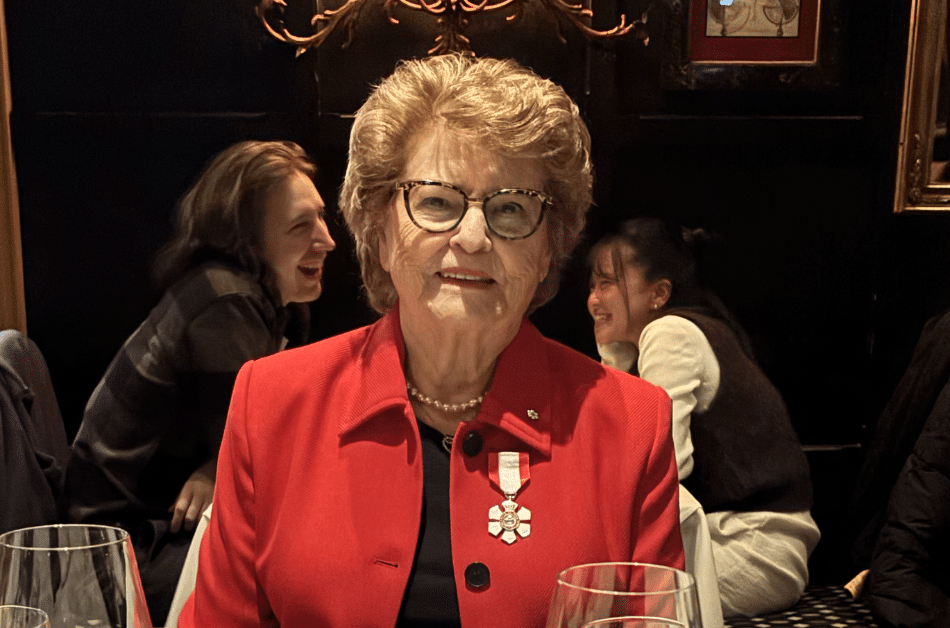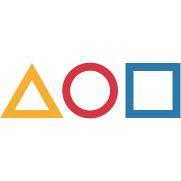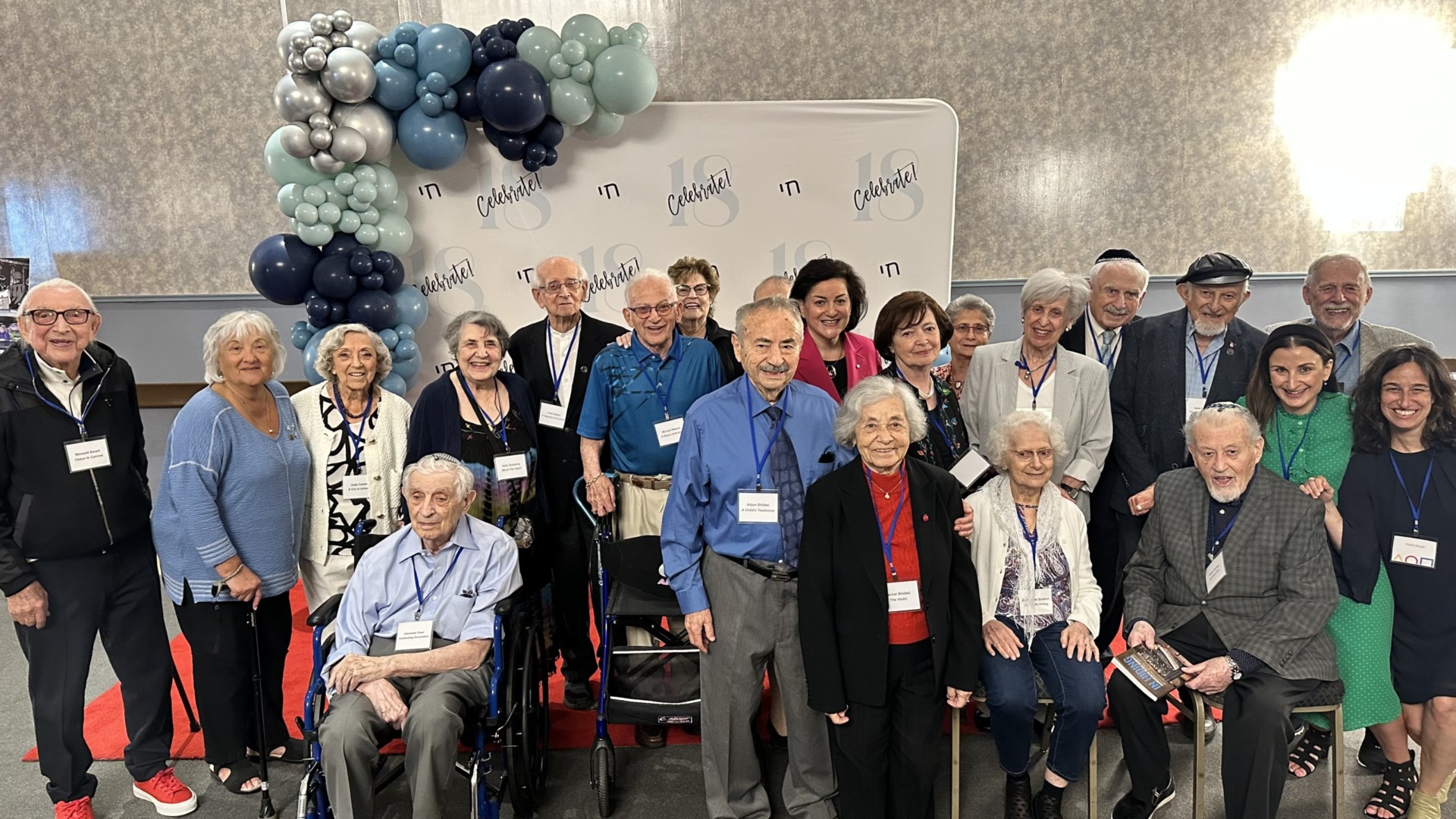Marie Doduck, C.M., is a force to be reckoned with. A Holocaust survivor who arrived in Canada as a child, she rebuilt her life with determination and an unyielding sense of purpose. Marie shares her powerful story of survival, identity and leadership in her memoir A Childhood Unspoken, part of the Holocaust Survivor Memoir Program. She is also the narrator of the soon-to-be released audiobook. The French translation of her memoir L’Enfant du Silence is also coming out in 2025. Beyond her writing, she has spent decades as a businesswoman, community leader and advocate. In this candid conversation, she reflects on her journey, her fight for equality and the lessons she’s learned along the way.
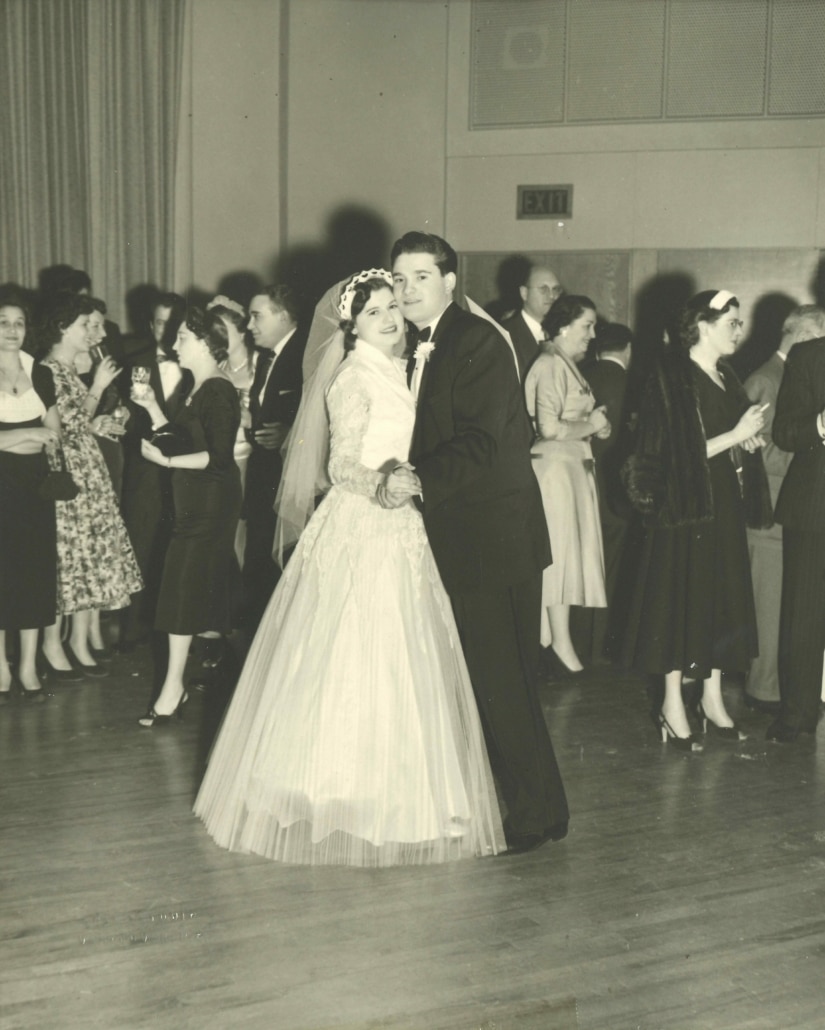
You’ve had an extraordinary journey—from a hidden child during the Holocaust to a business leader and community builder. What gave you the courage to take on so many roles, especially in male-dominated spaces?
I don’t think I ever stopped to consider courage—it was simply about doing what needed to be done. As a child survivor, you learn early on to adapt and push forward. When my husband, Sidney, was looking for a career change, I encouraged him to take the leap into real estate development. I saw the risk, of course, but I also saw the potential. I knew we could do it together. I wasn’t just a wife; I was his business partner. And I became a landlord myself, managing multiple buildings. At a time when women weren’t often seen in these roles, I was there, side by side with the men, making decisions.
Many people might not know that you were a designer as well! Tell us about that part of your journey.
Oh, yes! When I was in school, I won an award for designing and sewing a skirt and vest set. Lucky for me—I was hopeless at cooking then! Later, I started designing furniture. I came up with a sectional sofa, a sunken one, before they were even popular. I also designed kidney tables, but I didn’t know about patents back then. A missed opportunity! But I always had a creative side, and I think that creativity extended to how I approached business and leadership.
You were the first woman to do many things in your community, including sitting on a beit din (Jewish rabbinical court) and leading major Jewish organizations. Did you see yourself as a trailblazer?
Not at the time. I wasn’t thinking about being “the first” woman to do something—I just saw what needed to be done and did it. But looking back, I realize I was breaking barriers. When I was invited to sit on the beit din, it had to be kept a secret because women weren’t allowed. And yet, the rabbis wanted me there because they saw value in my perspective. The same happened in many leadership roles—I was often the first woman in the room, the first woman to hold a title. I fought for equal treatment, not as a woman but as a person who deserved to be there.
You’ve dedicated much of your life to community service. What drives you to give back?
I always felt a deep responsibility to contribute to the community that took me in. When I arrived in Canada, I was accepted first by my foster family, then by the larger Jewish community in Vancouver. Giving back was a way to honour that. Whether it was fundraising, organizing events or leading organizations like Beth Israel Sisterhood, I wanted to make a difference. The awards and recognition have been meaningful—especially the Queen Elizabeth II Diamond Jubilee Medal and of course the Order of Canada just this year—but they were never the goal. It was about helping others, creating opportunities, and making sure our community thrived.
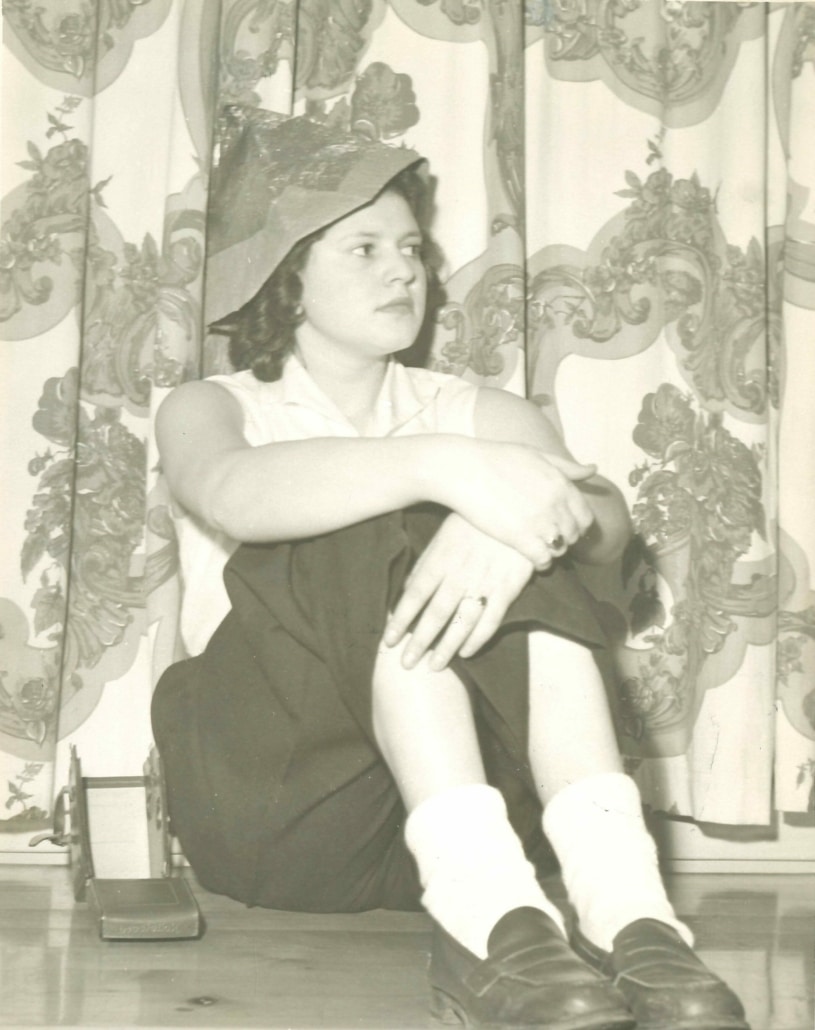
You’ve spoken about the challenges of being a woman in business. How did you navigate that world?
With determination—and sometimes, sheer stubbornness! I remember taking the insurance underwriter’s exam and placing at the top of my class, yet knowing the men I trained with would be paid more than me. It was infuriating. I fought to be seen as equal. And I balanced it all—running businesses, leading organizations, and still making sure dinner was on the table for my family. Sid didn’t always love how busy I was, but he accepted it because I made sure my family was always a priority.
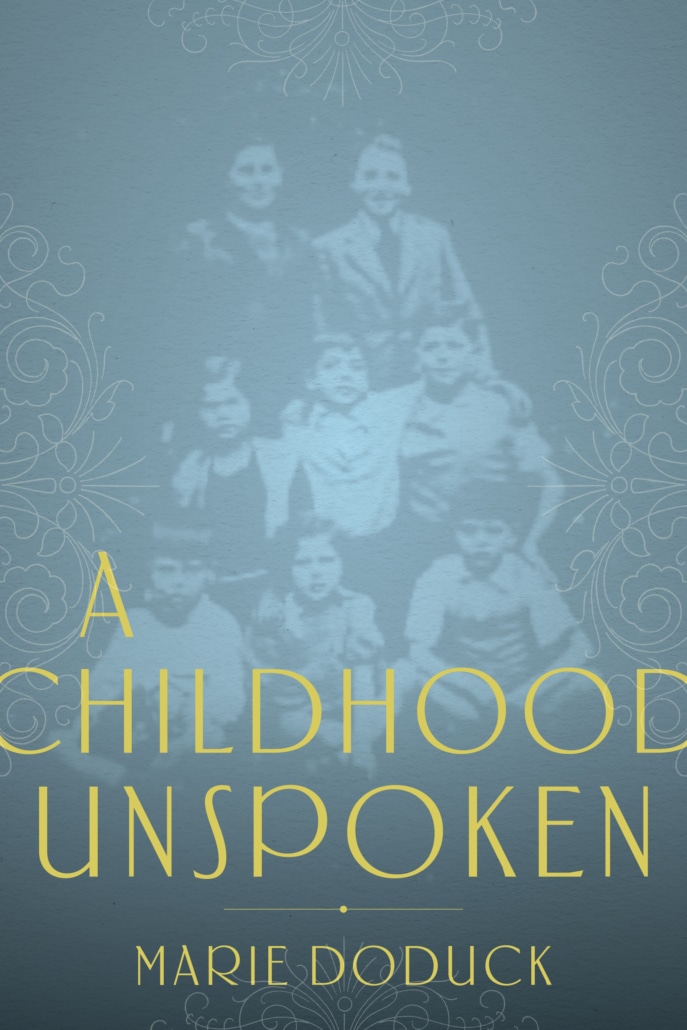
Looking back, what do you think shaped you the most?
Survival. We child survivors had to become something new, create a life out of a shattered past. I became Marie to fit into this society, but at my core, I am still Mariette, the child survivor who did what she had to do to keep going. I learned that action is survival. And that’s how I’ve lived my life—by doing, by building, by giving back. That’s what has defined me.
Marie Doduck’s story is one of resilience, vision, and action. She broke barriers, led with conviction, and built a legacy that continues to inspire. Her memoir and her work with the Vancouver Holocaust Education Centre and the Azrieli Foundation’s Holocaust Survivor Memoirs Program ensure that her story and those of other survivors, will be remembered for generations to come.

